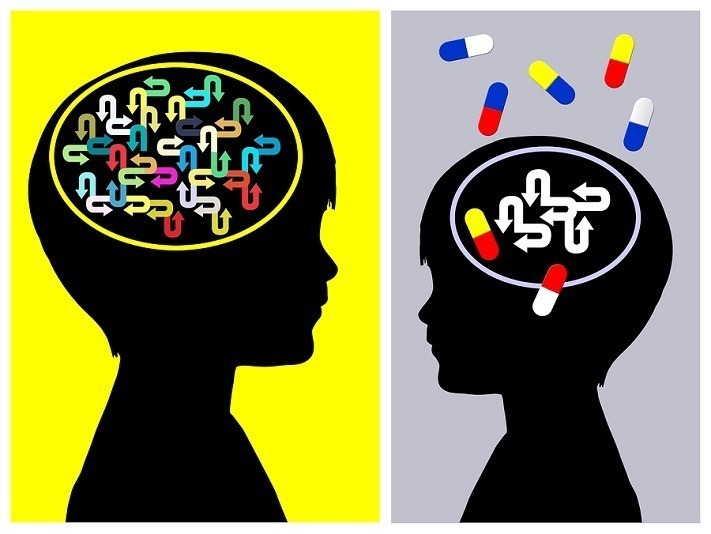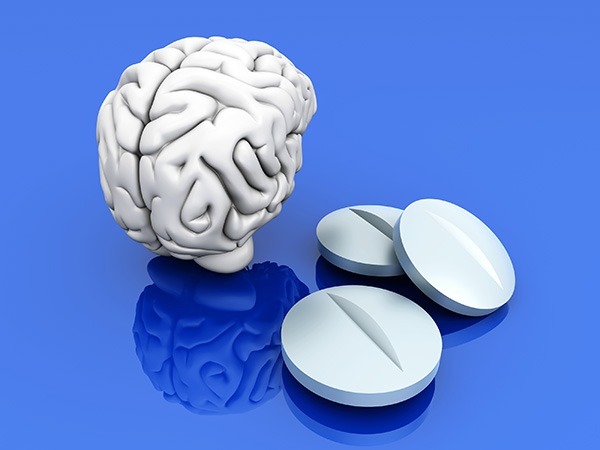Attention & ADD/ADHD
Survey of 2500 families finds what ADHD treatments seem to work/ not work as applied in the real world
While carefully controlled clinical trials are essential for establishing scientific support for different ADHD treatments, it is also important to examine how parents feel about the treatments they actually select for their child. How parents feel about ADHD treatments they have tried for their child provides an important complement to published clinical trials data, and can…
Read MoreWhat should come first to treat ADHD in children, behavior therapy or stimulant medication?
Stimulant medication treatment and behavior therapy are currently the two child ADHD treatments with the strongest research support. However, when parents begin treatment for their child, or when professionals are initiating treatment with a new client, there is no research to guide the decision of which approach to begin with. Is it better to start with…
Read MoreStudy finds surprising correlation between states’ elevation and ADHD prevalence
Who would have thought that children living at higher altitudes have lower risk of developing ADHD than peers at lower elevation levels? As the research described below suggests, however, this may be the case. The impetus for this study is the well-documented regional variation in the prevalence of ADHD in youth. For example, national data for…
Read MoreUpdate: Moderate lifetime drinking may lead to lower Alzheimer-related beta amyloid deposits in the brain
__ Time for a new edition of SharpBrains’ e‑newsletter. #1. First of all, it’s not all bad news this month. Study finds that moderate lifetime drinking may lead to lower Alzheimer-related beta amyloid deposits in the brain #2. And, talk about personalized medicine! This fascinating study showing how brain imaging (fMRI) + machine learning + intensive, non-invasive…
Read MoreStudy finds mixed results of Adderall as cognitive enhancer (seems to boost emotion more than cognition)
Over the past 15 years there has been growing awareness that many college students without an ADHD diagnosis use ADHD drugs. On some campuses, rates of self-reported non-medical use have exceeded 30% of students. The primary reason students report taking ADHD drugs is to enhance their academic performance. And, the strong majority of students —…
Read MoreStudy: A brief sleep intervention can bring measurable and sustained benefits to children with ADHD
Sleep problems are common in children with ADHD, are more persistent than in the general population, and often exacerbate difficulties associated with ADHD. For example, poor sleep can enhance difficulties with attention and concentration that most youth with ADHD experience. Research has shown that brief sleep interventions can improve sleep in youth without ADHD who…
Read More





